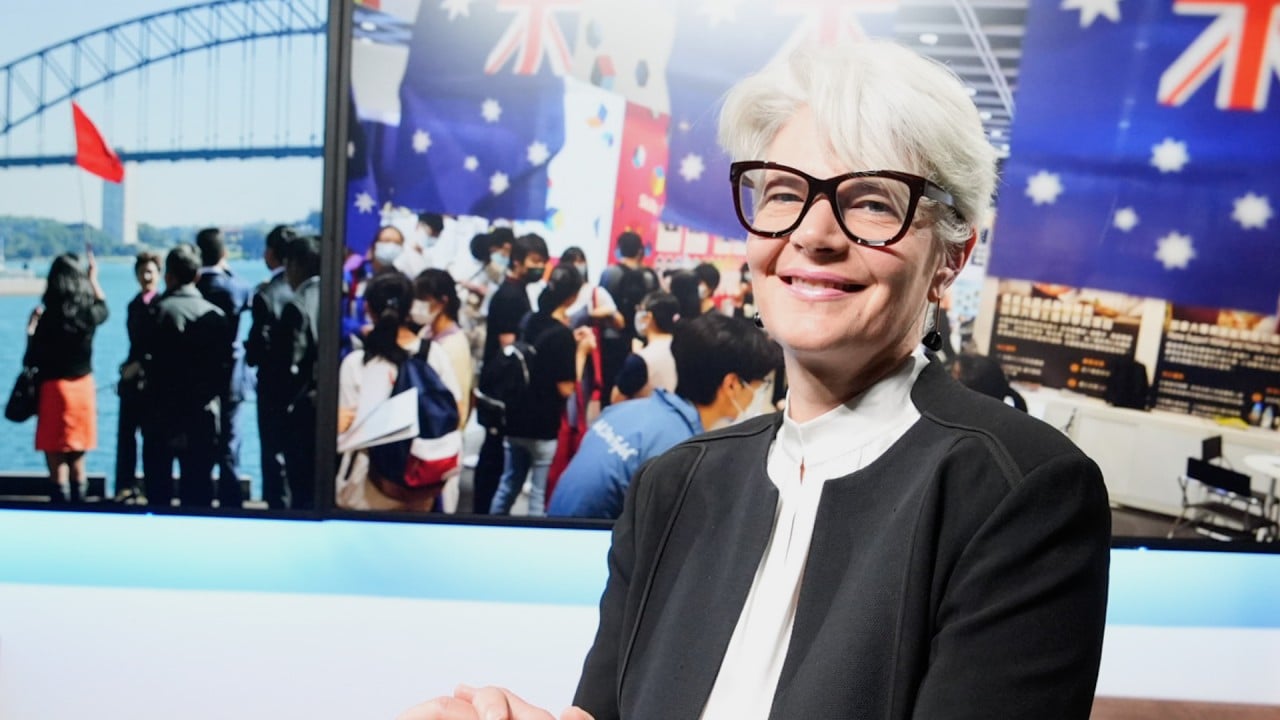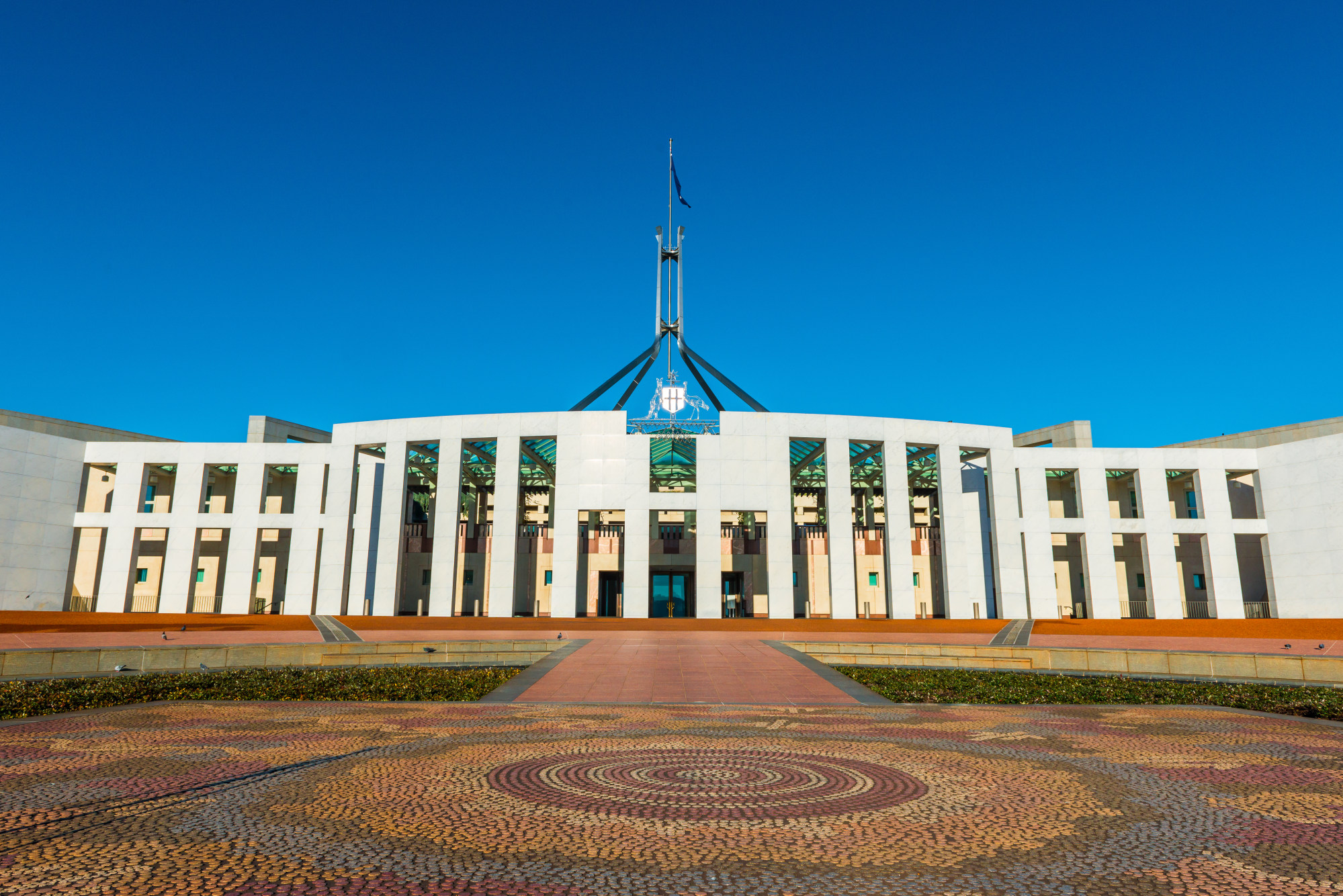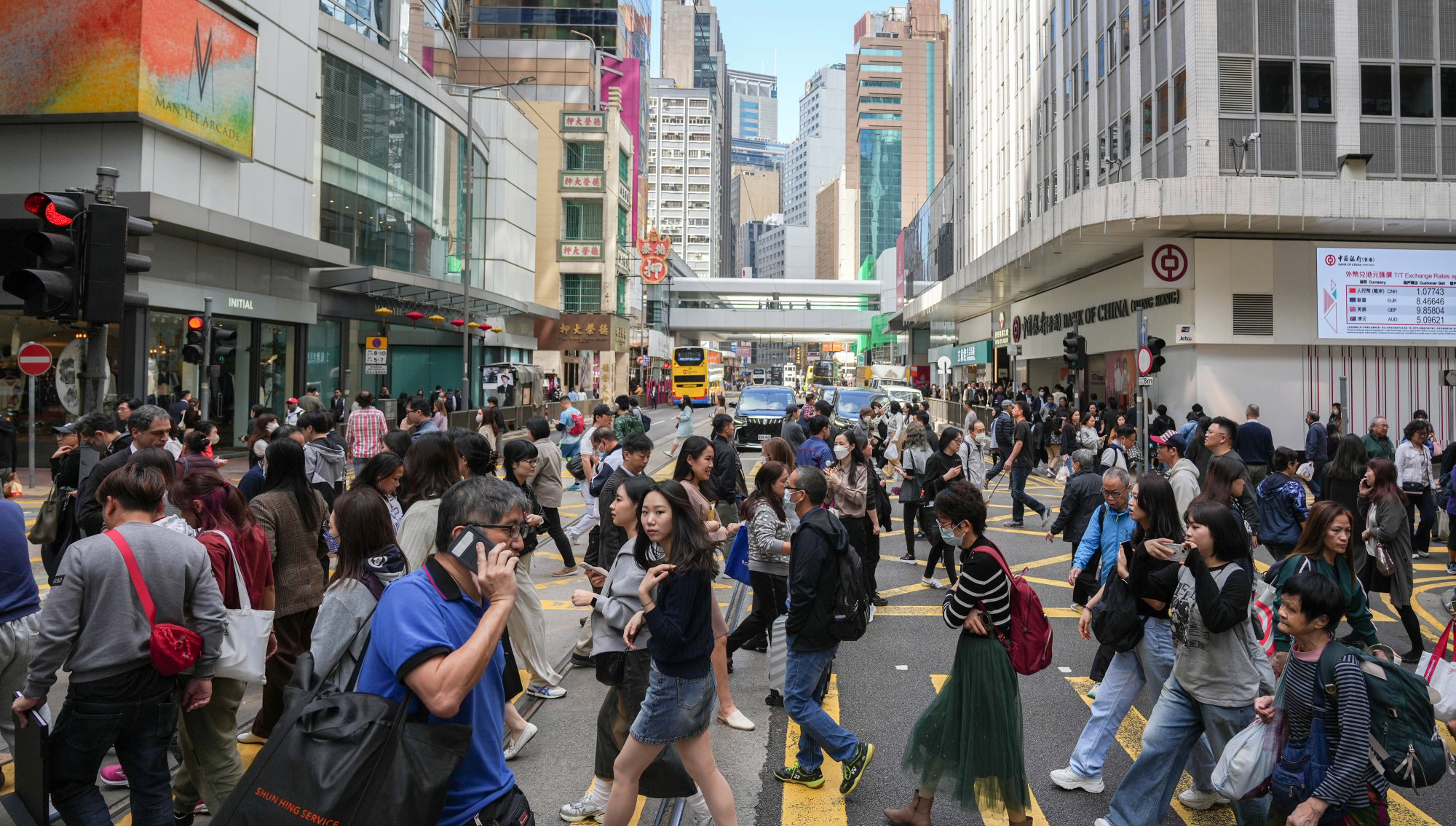
09:19
‘Wonderful advantages’ yet ‘mixed perceptions’ in Hong Kong: Australian Chamber of Commerce chief
Exclusive | Hong Kong may lose Australian talent to Singapore if Canberra puts tax squeeze on expats, business chamber chief warns
- Chamber suggests double taxation treaty as Canberra proposal could leave certain expats paying in two places if they stay in Australia beyond 45 days
- Chairwoman Josephine Orgill says Hong Kong remains attractive to Australians but urges city to broaden talent schemes
The head of the Australian Chamber of Commerce in Hong Kong has called on the government to negotiate a double taxation treaty with Canberra, saying such a deal would ensure the city remained attractive to talent from the country that might otherwise go to regional rival Singapore.
In her first interview with Hong Kong media since becoming chamber chairwoman last year, Josephine Orgill also recommended broadening the city’s talent schemes to include sectors such as catering and construction, which were severely short of skilled workers.
When asked about changes in the city since Beijing imposed the national security law in 2020 and an exodus of skilled workers, Orgill said Hong Kong remained attractive to Australian talent with “all of the wonderful advantages that it’s ever had,” including a strong financial sector and independent judiciary.
“It has a combination of features that no other regional centre can rival,” she said.
Talks on a double taxation agreement are among the proposals the chamber is putting forward for Financial Secretary Paul Chan Mo-po to consider for his budget speech next month. Canberra is also weighing changes to its own tax residency framework that could affect a number of Australian expats living in Hong Kong.
Such bilateral agreements ensure expats are not taxed once by their home nation and then again by their host country. Singapore, the United States and mainland China have double taxation agreements with Australia, but Hong Kong does not. However, the city does have such deals with more that 40 other countries.
In its proposal seen by the Post, the chamber said an agreement would “provide greater incentives for Australian business to look to Hong Kong as a base”.
Certain Australian expatriates will be affected if the tax change proposed by Canberra becomes law. Currently, those who reside in Australia for 183 days or more have to pay tax there on their income. The country wants to reduce the number of days to 45 for those who also have the right of abode, or have family, residential property or other economic interests in the country.
The Post has learned that Australia’s treasury department is considering submissions that it received during the proposal’s consultation period, which ended last September.
A large proportion of Australians in Hong Kong could end up paying income tax in both places, said Orgill, a partner at alternative investments governance platform HFL Advisors and who has lived in the city for 25 years.
“All else being equal, if you could be in Hong Kong or Singapore, this would be a reason to be in Singapore,” she said.

If the tax residency changes were adopted, it would be difficult for employers to attract Australians to Hong Kong, she argued.
“It potentially undermines Australia’s presence in Hong Kong when it’s more important than ever as a position of understanding and influence, and it’s not helpful to Hong Kong in attracting talent,” she said.
Australian government figures show that about 100,000 of its nationals are living in Hong Kong, making them one of the largest expat communities in the city.
Hong Kong used to attract hundreds of new Australian expatriates each year under the city’s various talent schemes. About 1,200 Australians entered the city through such programmes last year, compared with more than 1,900 in 2018, according to the latest immigration figures for Hong Kong.
The number of Australian companies based in Hong Kong has also fallen. There were 185 in 2019, before the pandemic hit, and 160 last year, a decline of 13.5 per cent, official figures show.
But Orgill insisted that Hong Kong remained important to Australian companies. She said the importance of the rule of law and the independent judiciary were “clearly critical to Hong Kong as an international financial centre and its reputation as a place to do business”.

Changes in Hong Kong since the arrival of the national security law and the pandemic had created “mixed perceptions” of the city, Orgill said, adding that there needed to be better communication of its “one country, two systems” governing principle.
To attract more Australian talent, the chamber has urged the city government to expand its current talent schemes, with Orgill suggesting they also cover food and beverage staff, as well as the construction sector. She said apprenticeship schemes could also be expanded, particularly in catering, to help ease the shortage of workers.
Michelin-starred Australian chef Shane Osborn, who runs three restaurants in Hong Kong, said his industry was especially short of chefs and waiters.
“Apprenticeships are great but need significant investment for the government to do it properly,” he said.
The chamber also said greater recognition of skills obtained in other jurisdictions would help those working in the construction, design and infrastructure development industries.
Australian Brian Shuptrine, managing director for Asia at Turner and Townsend, a global consultancy firm specialising in the construction and infrastructure sectors, said companies from the country were keen to get a slice of mega projects in Hong Kong, such as the Northern Metropolis.
The massive project near the mainland border in the northern New Territories is envisaged as a global innovation and technology hub with 900,000 flats for 2.5 million people.
Shuptrine, who moved to Hong Kong from Singapore in 2021, said wider recognition of skills qualifications would help address manpower shortages in the construction sector, with companies needing more project managers, construction managers and quantity surveyors.
He said Australian universities offered many robust programmes in those fields.
But he felt a double taxation agreement between Hong Kong and Australia was a priority because Canberra’s proposed tax residency changes would affect many Australians in Hong Kong.
The proposed shorter residency limit would not affect him right away as his children were still young and he did not return to Australia often. But he might start going back more frequently once his children went to university there, meaning he might exceed the limit and end up being taxed in both places.
“It will become a big consideration for me,” he said.


